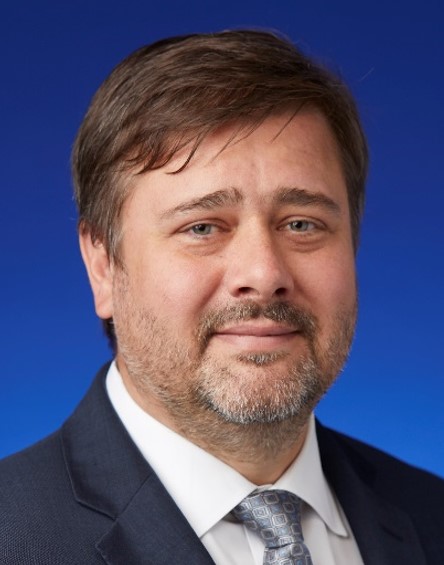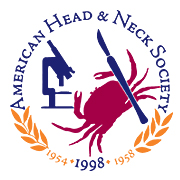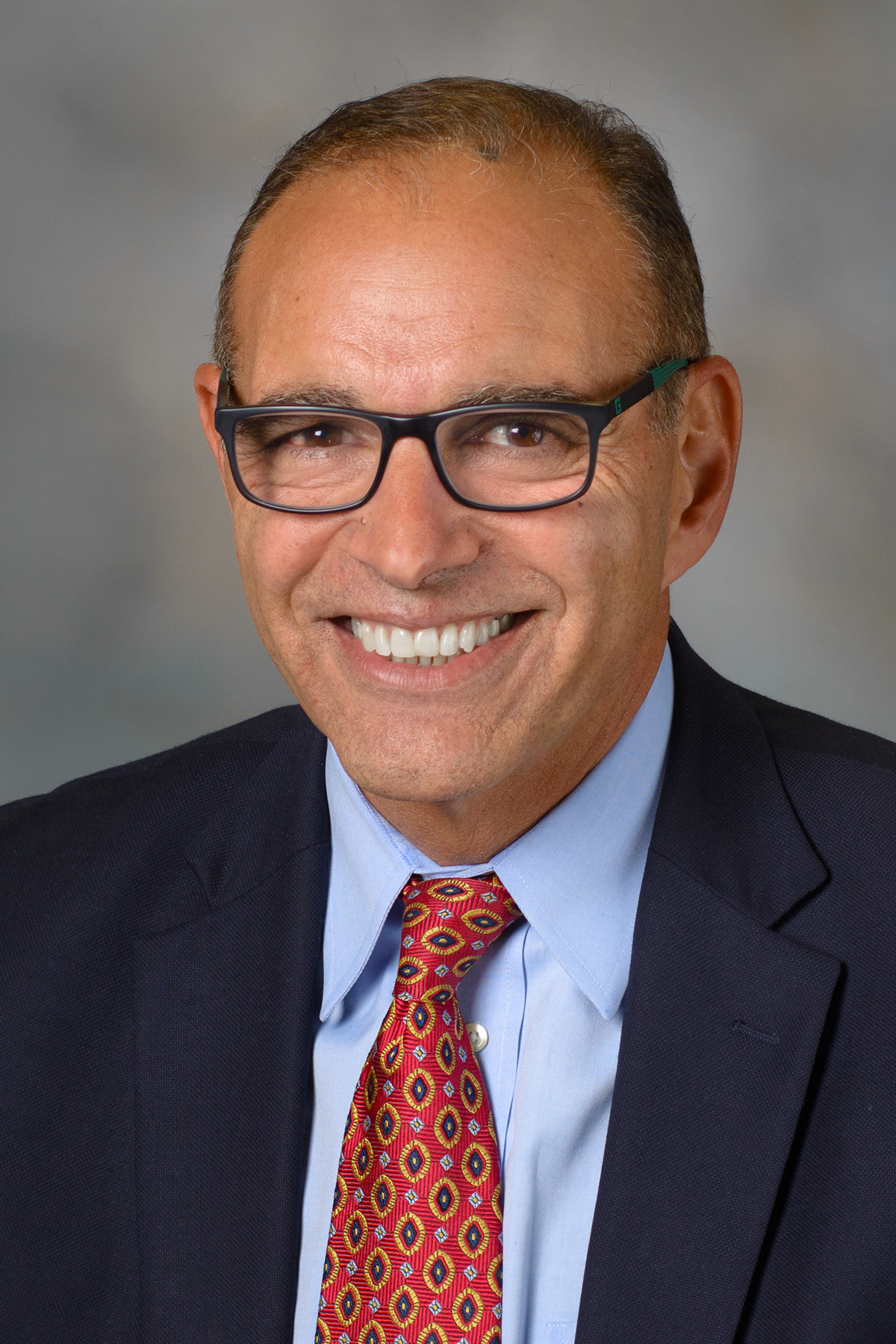Pathologic response to neoadjuvant chemotherapy in HPV-associated oropharynx cancer
Sadeghi N, Khalife S, Mascarella MA, Ramanakumar AV, Richardson K, Joshi AS, Bouganim N, Taheri R, Fuson A, Siegel R.
From Head and Neck, March 2020;42(3):417-425.
Article Review by Joe Goodman, MD
Background / Hypothesis
According to the authors, a paradigm shift is underway leading to de-escalation trials for HPV-associated oropharynx cancer (OPC). Because of the excellent prognosis for most HPV OPC, efforts have been made to improve quality-of-life after treatment and reduce treatment-related morbidity. While most de-escalation trials have looked at reducing radiation dose or eliminating chemotherapy, this trial uses neoadjuvant chemo therapy plus transoral surgery (NAC+S) with the goal of avoiding post-op radiation based on surgical pathology.
Design
This is a prospective cohort of patients with p16+ OPC (stage III/IV AJCC 7th) treated with chemotherapy consisting of 3 cycles of cisplatin/docetaxel every 3 weeks followed by transoral surgery and neck dissection. N3 disease was excluded. All 54 patients demonstrated at least partial response to the chemotherapy regimen based on preoperative post-treatment imaging. Goal was to correlate reduction in tumor volume with likelihood of complete pathologic response pCR. Surgical pathology was assessed for presence of primary tumor and neck metastases to determine yTNM restaging and assess need for postoperative XRT. Partial response was defined as any residual tumor. MRI response of tumor was also correlated with pathological response, but not RECIST criteria because often pathological response was underpredicted by imaging response.
Summary of Results
Surgical pathology showed overall pCR of 44%, with 72% pCR at the primary and 57% pCR in the neck.
96% had negative margins. There were 3 mortalities. Preop imaging volume reduction of 90% or greater had predictive value for pCR (sensitivity 0.82 and specificity 0.73). More patients at all stages showed pCR than PR on surgical pathology although this was not specifically analyzed.
Strengths
- Building on several other small series to show efficacy of neoadjuvant chemotherapy regimen based on surgical pathology, justifying de-escalation strategies
- Since transoral robotic surgery involves en bloc resections of radical tonsil or base of tongue, as well as neck dissection, less likelihood of missing a small discontiguous positive margin vs endoscopic partial resection
Weaknesses
- Mortality of 5.6% seems high, not well explained if they declined recommended post-op treatment
- Survival outcomes not analyzed but this data is forthcoming
- No real attempt at understanding cellular mechanisms for this phenomenon
- Not powered to analyze based on smoking status as possible contributor to biological response in p16+ OPC
- While toxicity seems acceptable, long-term studies will need to be done
Key Points
- There seems significant biological response of p16+ OPC to this particular neoadjuvant chemotherapy regimen of cisplatin and taxotere. Other regimens have been studied, for instance the Weiss article from UNC, as well as bioselection papers from UM for larynx cancer.
- Even the original VA study showed 30% CR.
- While the current treatment paradigm states that chemotherapy is never sufficient for primary treatment of squamous cell carcinoma, in many cases in this series there was no evidence of tumor at the primary site or in the neck as assessed on surgical pathology. This speaks to the possible for bioselection strategies using NAC+S for de-escalation in p16+ OPC.
- Also supports an increased role for transoral surgery with good functional outcomes after neoadjuvant chemotherapy, avoiding “triple-therapy”—unless dictated by adverse features on surgical pathology – Supports role of post-chemotherapy pre-operative imaging to predict likelihood of pathologic complete response to further refine the treatment algorithm
- Long term, multi-institutional studies of disease free survival and toxicity will need to be done
From the Basic Science/Translational Section
Jeffrey C. Liu MD Vice Chair
Richard Wong Md Chair



 AHNS International Conference Postponed to 2021
AHNS International Conference Postponed to 2021